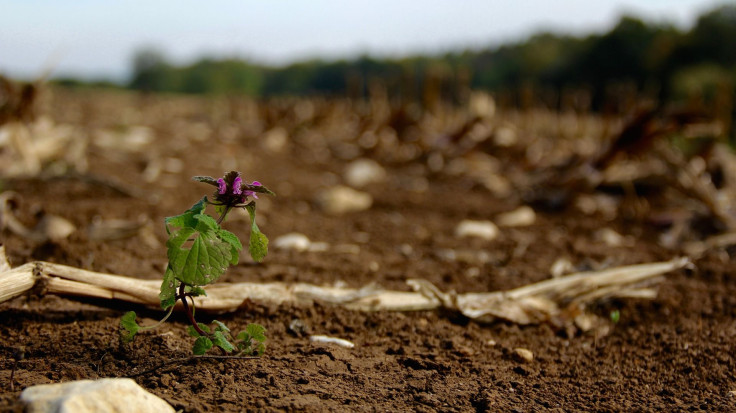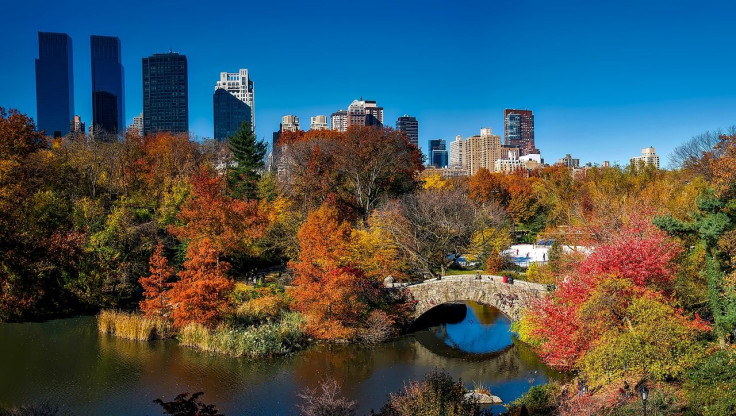Dirt Bacteria Could Make New Cancer Medicines

Telling someone to eat dirt could soon be more than an insult: Rockefeller University researchers who collected soil from New York City parks found all sorts of microbes that could be used to fight disease, according to a study in the Proceedings of the National Academy of Sciences.
Scientists have for some time used and studied bacteria in the search for new medical therapies, including antibiotics, anti-cancer drugs and antifungal medications. The Rockefeller researchers found that the tiny and diverse creatures in New York City parks are “producing these same families of clinically important” medicines as bacteria collected from natural environments around the globe, the study notes. Organisms in just one sample from Brooklyn’s Prospect Park carried genes that could create as many as 25 molecules that have been studied for possible use in medicine; park soil collected during the project in general contained genetic material linked to various medicines like the antibiotic erythromycin, originally collected from the Philippines.
Read: Our Hands Leave Evidence Of What We Eat And Do On Everything We Touch
The study concludes that although scientists on the hunt for new bacteria-derived medicines have focused on “shallow explorations” of different natural ecosystems, “the soil microbiomes found in large cities likely hold similar promise as rich unexplored sources” for future medical treatments. That could be crucial, since senior author Sean F. Brady notes that the natural and diverse environments found in remote locations around the world, although they turn up previously unknown bacteria for study, are in a precarious position given the environmental impact of humans on the planet. However, “by using modern sequencing approaches, it's possible to turn up all of the same potentially useful molecules in our own backyards,” he said in a statement from the university.

It’s not just city parks the researchers are interested in — they are also accepting samples from all over the United States and examining them for organisms with genes that could potentially produce compounds scientists can use in new applications. The university describes those as “bacteria capable of producing a wide range of compounds whose potent effects might be harnessed as medicines,” explaining in a statement that these types of powerful organisms got that way from developing defenses during their battles against other tiny creatures.
“The sheer diversity we saw suggests there are many more potentially valuable compounds out there awaiting discovery — even in a place as mundane as urban soil,” Brady said.
Read: Will A Genetically Engineered Virus Kill All Humans?
Source: Brady SF, Charlop-Powers Z, Pregitzer CC, et al. Urban park soil microbiomes are a rich reservoir of natural product biosynthetic diversity. Proceedings of the National Academy of Sciences. 2016.



























